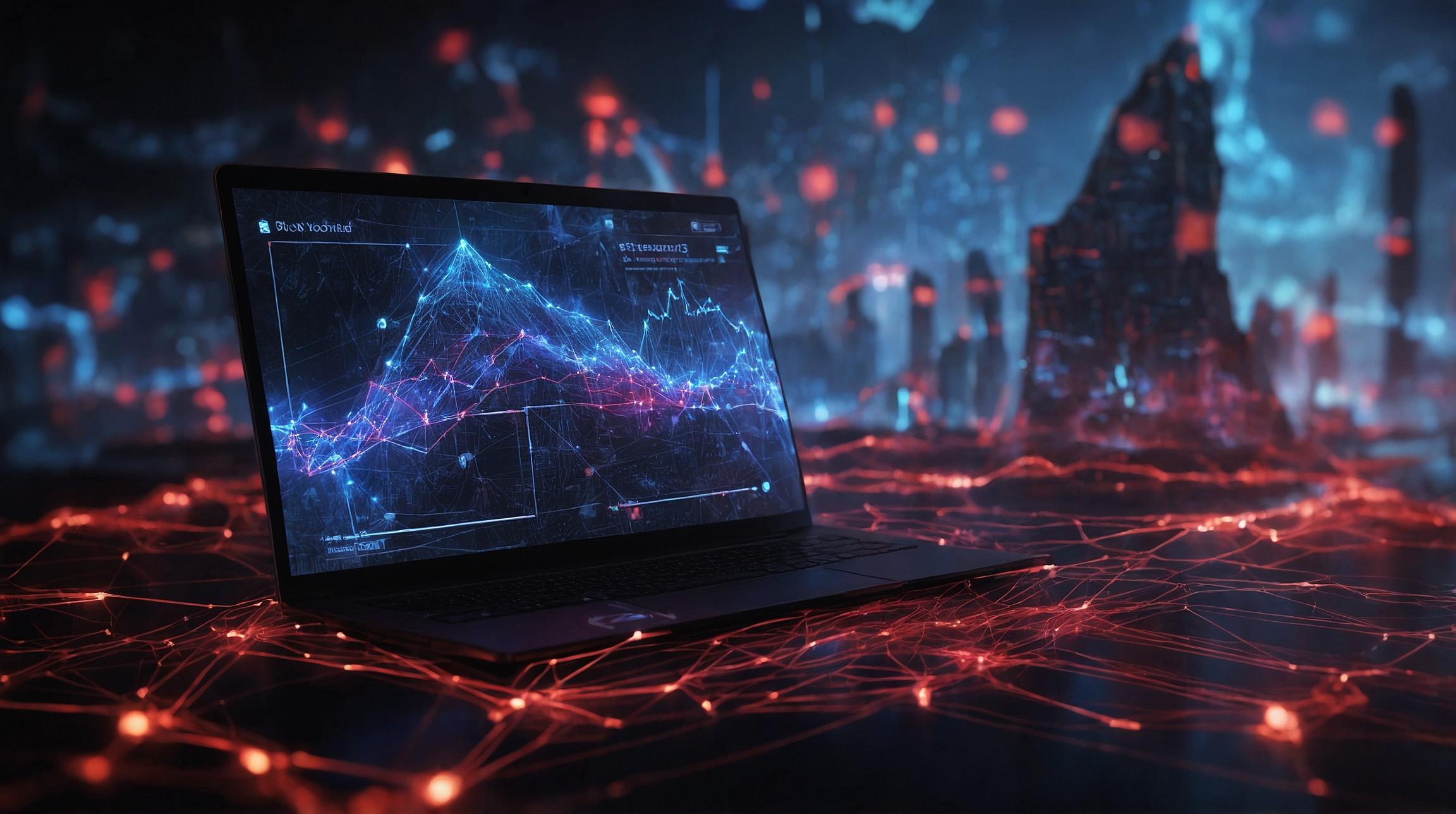Understanding Gas Fees in Blockchain Transactions
In the world of cryptocurrency, gas fees refer to the cost of executing transactions on a blockchain network like Ethereum. These fees compensate the network's validators who process and confirm transactions. Typically, these fees are calculated in gwei (a small unit of ETH), and they fluctuate based on network demand.
The Costly Mistake: A $90,000 Gas Fee Error
Recently, an anonymous crypto user made a headline-worthy error by spending $90,000 in gas fees to send just $2,200 worth of Ethereum (ETH). This incident is a stark reminder of the potential pitfalls when handling digital assets without a clear understanding of the process.
What Happened?
The user mistakenly paid 34.26 ETH in gas fees, which was worth approximately $89,200 at the time, to transfer 0.87 ETH, equivalent to about $2,262. This overpayment signifies an error many in the crypto community refer to as a "fat finger" mistake, where a small input error leads to significant financial loss.
Understanding "Fat Finger" Errors
Such errors aren't new in the cryptocurrency markets. They typically occur due to human errors like entering an incorrect amount or misunderstanding how transaction fees work. The Ethereum network, at that time, had relatively low gas fees between 2 and 4 gwei, meaning a standard transaction should not have cost more than $5.
Examples of Past "Fat Finger" Mishaps
Cases like this are reminiscent of past incidents, where users or even exchanges have overpaid significantly. For instance, an NFT trader once paid 1,055 ETH worth $1.6 million for an NFT priced at merely $1,000. Another case involved Crypto.com, which mistakenly sent $7 million to a user due to an input error.
Possible Implications and Concerns
While these errors are often attributed to user mistakes, there is speculation about more sinister possibilities. Some experts suggest that such overpayments could be part of a sophisticated form of money laundering. This would involve coordinating with Ethereum validators to ensure the funds are processed accordingly.
Looking Ahead: Avoiding Costly Mistakes
To prevent such costly errors, users are advised to double-check transaction details and stay informed about the current gas fee rates. As blockchain technology and decentralized finance (DeFi) continue to evolve, understanding these concepts becomes increasingly essential. A report by Northstake highlights the low percentage of illicit activity on Ethereum, but it's crucial for users to be vigilant and informed. By learning from these mistakes, both individual users and larger entities can better navigate the complexities of blockchain transactions, ensuring safe and cost-effective use of digital assets.













